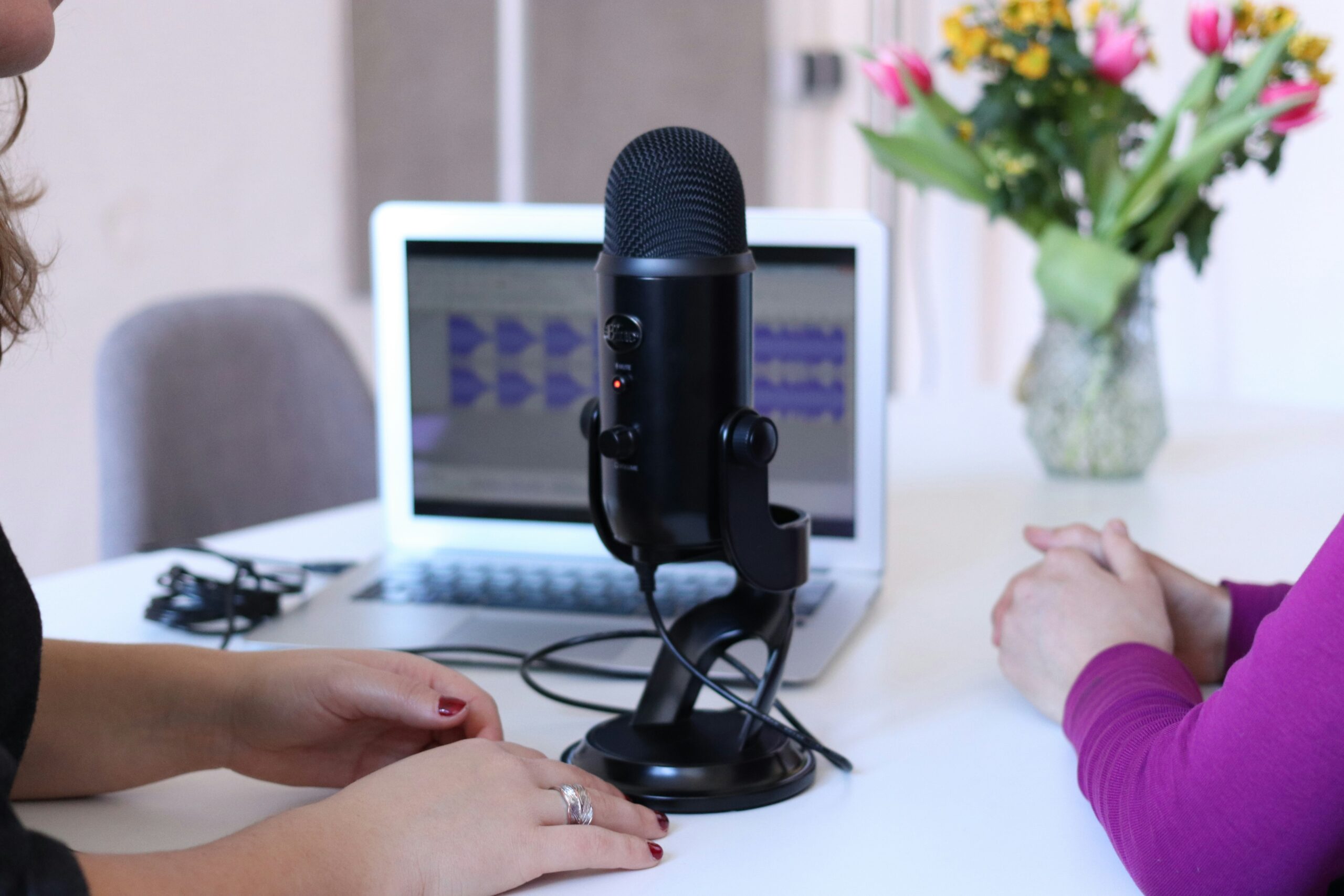In today’s media-saturated world, podcasts stand out as a beacon of personal and direct communication. As this format continues to gain traction, many brands are considering whether starting a podcast could be the key to deepening audience engagement through thoughtful discussions and compelling storytelling. Before you invest in launching a podcast, it’s important to consider both the potential benefits and the challenges you might face.
Benefits of Starting a Podcast
- Building a Dedicated Audience: Podcasts have a unique way of fostering a strong, loyal following. Regular episodes provide an ongoing connection that can enhance listener loyalty, as audiences tune in consistently to hear from voices they trust and enjoy.
- Establishing Industry Authority: By discussing relevant topics within your industry, you can position your brand as a thought leader. This is not just about sharing news but also insights, which can significantly elevate your brand’s standing in the eyes of your audience.
- Enhancing Content Diversity: Adding a podcast to your content strategy diversifies the types of media you offer, catering to audiences who prefer audio content over text or video. This can help capture a wider audience and cater to different content consumption preferences.
Challenges of Podcasting
- Consistency is Key: One of the biggest challenges of podcasting is the need for consistent, engaging content production. Your audience will expect regular updates, and meeting this expectation requires a significant time commitment.
- Investment in Equipment: To produce a podcast, you’ll need to invest in good quality audio equipment to ensure clear, professional sound. Poor audio quality can turn listeners away, regardless of the content’s quality.
- Promotion and Growth: Growing a podcast audience often requires concerted promotional efforts. This can include social media advertising, collaborations with other podcasters, and leveraging your existing marketing channels to draw in listeners.
Considerations Before Launching a Podcast
- Content Production Capabilities: Assess whether your team has the capacity to produce high-quality audio content regularly. This includes having the right skills to plan, record, edit, and publish episodes.
- Understanding Your Audience: It’s crucial to understand whether your target audience consumes podcast content. Conduct market research or utilize your existing customer data to determine if there is an appetite for audio content among your followers.
- Monetization Potential: While some podcasts grow to become self-sustaining through ads, sponsorships, or premium content offerings, many do not monetize easily. Consider whether the podcast is a feasible marketing investment without immediate financial return.
Success Stories
Many brands have successfully integrated podcasts into their marketing strategies. For example, companies like Trader Joe’s with their “Inside Trader Joe’s” podcast have effectively enhanced brand loyalty and customer engagement by offering behind-the-scenes insights and discussing new products. Such examples demonstrate how podcasts can serve as powerful tools for connecting with an audience on a more personal level.
Starting a podcast can be an excellent way to engage with your audience on a deeper level, establish authority, and diversify your content offerings. However, it requires consistent effort, quality production, and effective promotion to succeed. By carefully weighing these factors, you can determine if a podcast is a right medium for your brand to expand its digital footprint and build stronger relationships with its audience.

+ show Comments
- Hide Comments
add a comment